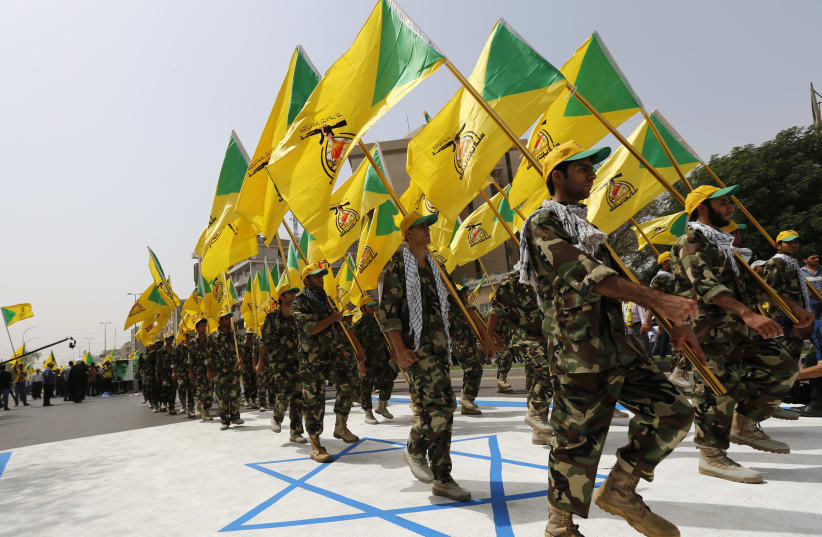Mystery surrounds overnight airstrikes on pro-Syrian regime fighters
After Syrian regime blamed US, and US denied the attacks, questions remain over who carried out airstrikes in strategic Euphrates valley that allegedly killed pro-Iranian militia members.
